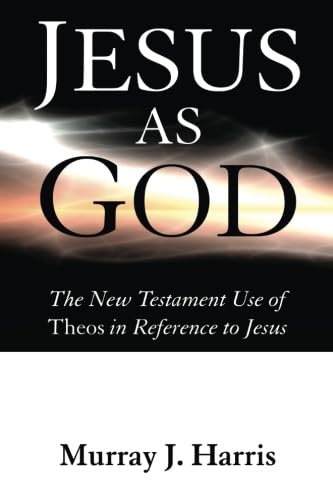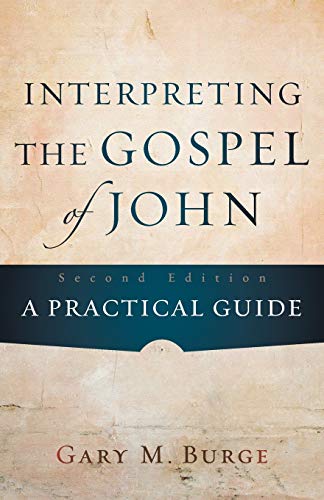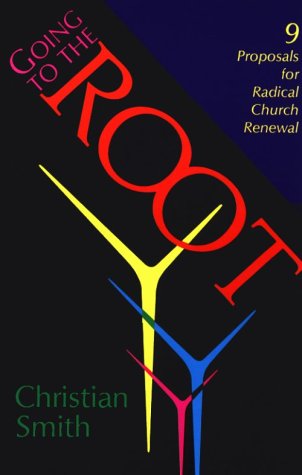Evangelicals have too often been theologically green in the wrong sense, and this book sets out to put that right. Its solid, biblical framework for a commitment to ecological concern provides us with a textbook that is rich, clear and comprehensive. Elsdon’s vision is for an integration of the theology of mission with the need for environmental justice.
The book begins with a good analysis of the prejudices and posturings of both Christians and society, both of whom discourage engagement with the issues out of scepticism, fear and compromise, or pietism. What follows is an in-depth biblical study, from Genesis to Revelation, which is truly symphonic. Its principal ‘tune’—the goodness of creation—is systematically developed and interwoven with major Christian doctrines and contemporary problems. In this way Elsdon presents the themes, not as an abstract proposition, but as a foundation for a truly Christian response.
OT analysis spans five chapters, in which creation is seen in continuity with the flow of biblical history. The relationship of Israel to the land as a covenant gift is pivotal in relating creation to salvation history. The Christian contribution to green issues is seen in terms of responsible stewardship, understanding humanity’s place in the created order, a realistic view of sin as alienation at every level, and a holistic view of life. This avoids any dualism between the sacred and the secular by seeing every aspect of Israel’s life in the context of faith and obedience. The contrast is provided by Canaanite idolatry, which views land as a commodity to be exploited for profit and which prefigures our modern abuse of creation in which science and technology cannot provide answers because they are part of the problem.
The NT treatment begins with two chapters which demolish two common objections. The first—that the new covenant is ‘spiritual’ and therefore not directly concerned with this world—is dealt with by the affirmation of humanity in the incarnation, along with Jesus’ teaching on the goodness of creation. The second—that this world is corrupt and ripe for judgment, so why bother with it?—is answered by the resurrection, which promises the transformation of this created order in terms of renewal rather than annihiliation. The distinctive Christian contribution in this case is a hope which stirs us to action in the present in the light of the promise of a new creation, much in line with Jurgen Moltmann.
The final chapters place green issues in the context of mission, based on the conviction that the renewal of creation, justice, peace and integrity are all integral to the gospel.
Brief debate is entered into with other approaches: New Age, Matthew Fox, Tim Cooper, Jurgen Moltmann and others, and the full references at the end of each chapter give helpful follow-up material. However, if ‘greenhouse theology’ is not to remain on the fringes of the debate it must engage with these approaches more fully and demonstrate its ability to provide a reasoned alternative. Elsdon has the basis for that, and has some well-researched examples which certainly highlight the problems. His aim is clearly to avoid a purely theoretical theology. But we need more guidance, as well as motivation, for action. We need help to know how to get involved along-side others, how to challenge those who sit looser to the biblical revelation, and how the local church can incorporate green issues into a holistic view of its mission.
Some theological ‘loose ends’ also call for elaboration: for example, the way in which a theology of creation incorporates risk, damage and the possibility of accident into its understanding of the world prior to the fall. The author then leaves us to muse on the role of the serpent, who (in spite of Rev. 12:9) is not the devil in disguise, but is merely used by Satan. The curse on the created order is seen as descriptive rather than prescriptive, which has important implications for how judgment works. There are also significant eschatological issues which demand fuller treatment.
The book reaches a fine climax in offering us a trinitarian spirituality which will enable us to ‘know our Creator’. This is foundational. It is only when we see God in dynamic involvement with this world in his Son, and in recreative commitment to this world in his Spirit, that we will ever take environmental issues seriously. Elsdon has given us an important contribution to the current renewal of a trinitarian basis for mission, without which it cannot be truly biblical. His book is a benchmark for further evangelical reflection.
John Corrie
Birmingham







